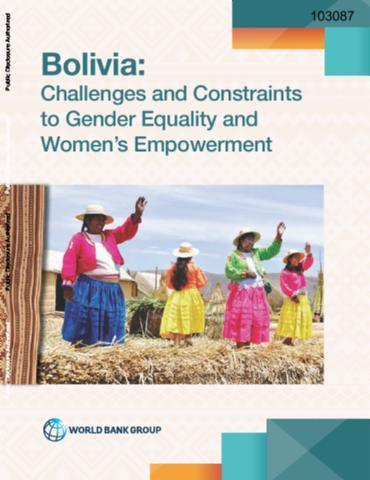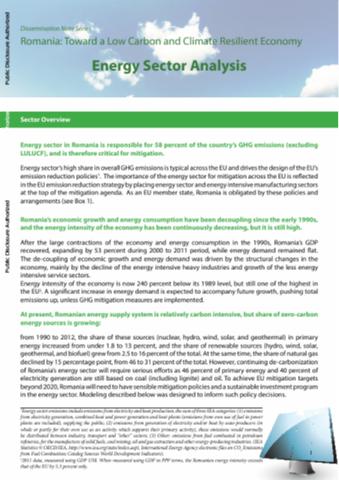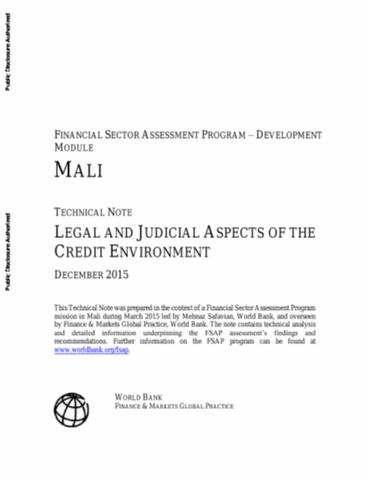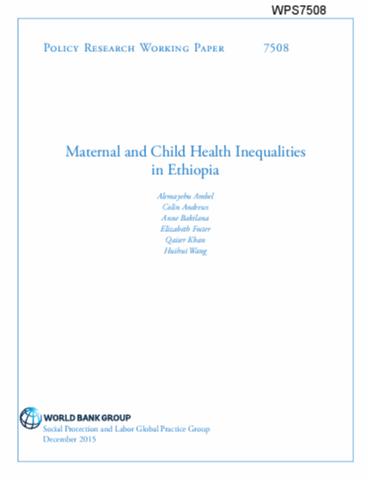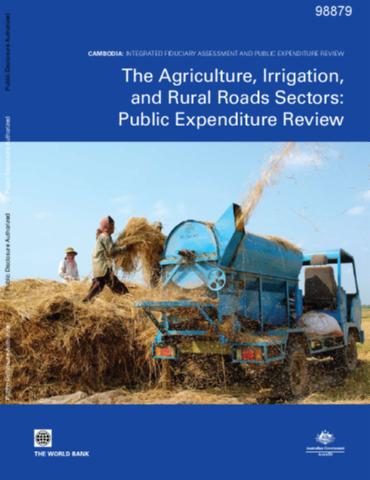The World Bank is a vital source of financial and technical assistance to developing countries around the world. We are not a bank in the ordinary sense but a unique partnership to reduce poverty and support development. The World Bank Group has two ambitious goals: End extreme poverty within a generation and boost shared prosperity.
- To end extreme poverty, the Bank's goal is to decrease the percentage of people living on less than $1.25 a day to no more than 3% by 2030.
- To promote shared prosperity, the goal is to promote income growth of the bottom 40% of the population in each country.
The World Bank Group comprises five institutions managed by their member countries.
The World Bank Group and Land: Working to protect the rights of existing land users and to help secure benefits for smallholder farmers
The World Bank (IBRD and IDA) interacts primarily with governments to increase agricultural productivity, strengthen land tenure policies and improve land governance. More than 90% of the World Bank’s agriculture portfolio focuses on the productivity and access to markets by small holder farmers. Ten percent of our projects focus on the governance of land tenure.
Similarly, investments by the International Finance Corporation (IFC), the World Bank Group’s private sector arm, including those in larger scale enterprises, overwhelmingly support smallholder farmers through improved access to finance, inputs and markets, and as direct suppliers. IFC invests in environmentally and socially sustainable private enterprises in all parts of the value chain (inputs such as irrigation and fertilizers, primary production, processing, transport and storage, traders, and risk management facilities including weather/crop insurance, warehouse financing, etc
For more information, visit the World Bank Group and land and food security (https://www.worldbank.org/en/topic/agriculture/brief/land-and-food-security1
Resources
Displaying 576 - 580 of 4907Bolivia
This note aims to provide information and analysis as a basis for a better understanding of the challenges and constraints of achieving gender equality in Bolivia, with a special focus on the intersectionality between gender and ethnicity. Combining and analyzing existing evidence and new data, it seeks to document gender-specific disparities in development outcomes, highlight opportunities and constraints to women’s empowerment, and identify areas in which continuing knowledge gaps are particularly important to understand and address gender inequalities.
Romania Toward a Low Carbon and Climate Resilient Economy
This report is about Energy sector in Romania which is responsible for 58 percent of the country’s GHG emissions (except Land use, land-use change and forestry (LULUCF)), and is therefore critical for mitigation. Romania’s economic growth and energy consumption have been decoupling since the early 1990s, and the energy intensity of the economy has been continuously decreasing, but it is still high. At present, Romanian energy supply system is relatively carbon intensive, but share of zero-carbon energy sources is growing.
Mali Financial Sector Assessment Program
A country’s legal and judicial environment can help or hinder access to credit. In addition to the banking law governing the organization of the sector, the operations of credit institutions are subject to several laws. Four components of Malian business law are particularly relevant in assessing the position of creditors, the law on secured transactions, the law on collective proceedings, the law on information-sharing related to debtors (sometimes called the credit reporting law), and the law on collection and enforcement proceedings.
Maternal and Child Health Inequalities in Ethiopia
Recent surveys show considerable progress in maternal and child health in Ethiopia. The improvement has been in health outcomes and health services coverage. The study examines how different groups have fared in this progress. It tracked 11 health outcome indicators and health interventions related to Millennium Development Goals 1, 4, and 5. These are stunting, underweight, wasting, neonatal mortality, infant mortality, under-five mortality, measles vaccination, full immunization, modern contraceptive use by currently married women, antenatal care visits, and skilled birth attendance.
Cambodia
This report focuses on areas with highest potential efficiency gains to increase the value for money from investments in core public goods and services such as extension, irrigation and rural roads. This is a first attempt to carry out such an analysis in Cambodia, and even in the Greater Mekong sub-region. Based on extensive data gathering and surveys, this chapter analyzes the efficiency and effectiveness of agricultural sector expenditures in Cambodia and assesses various options for increasing the impact of government expenditures on agricultural growth.






